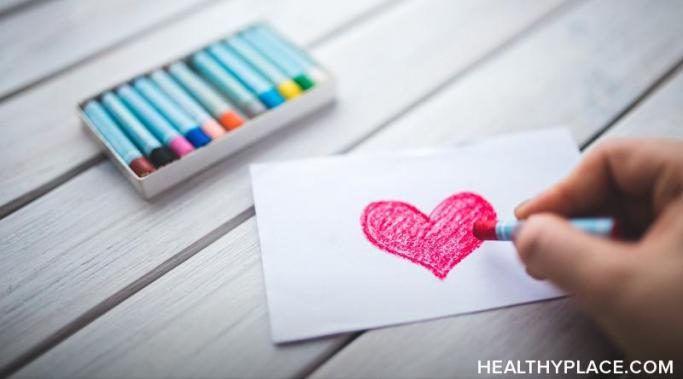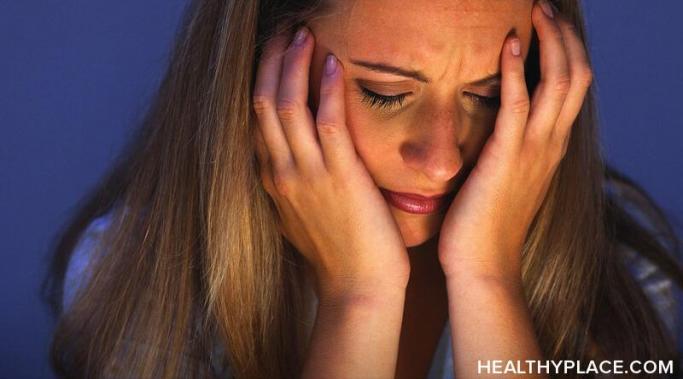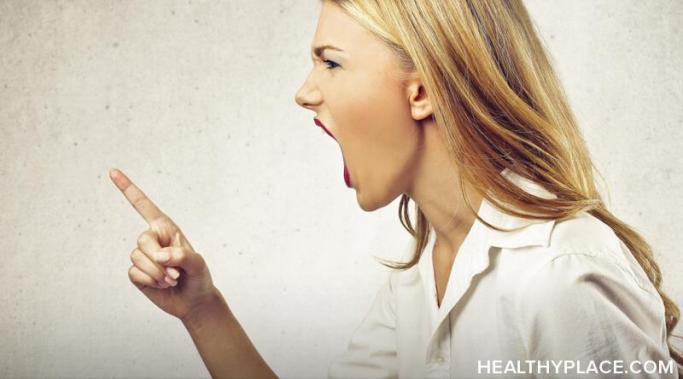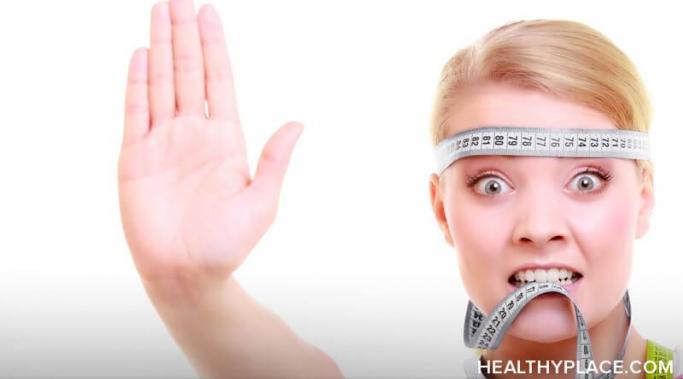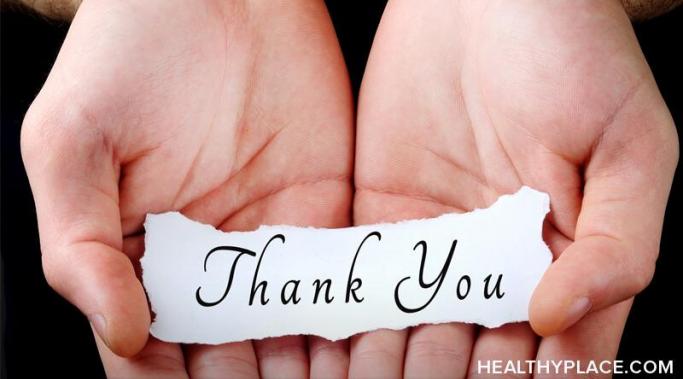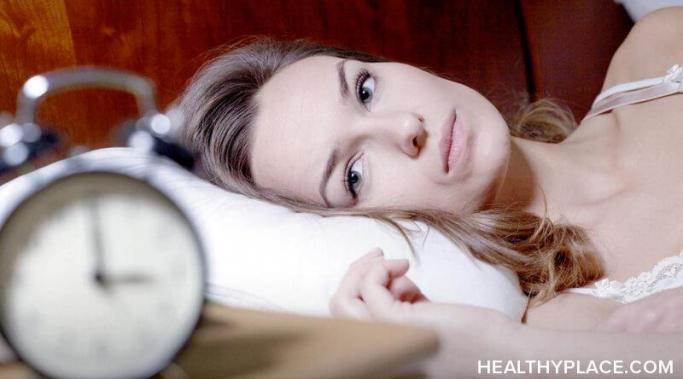Blogs
I'm far too acquainted with crying outbursts in front of other people. I have been experiencing them since, almost forever. Depression has been my companion, off and on since, almost forever. And I have experienced the shame and embarrassment that comes with them since, almost forever. And yesterday was one such experience. Today, I want to talk about what it's like to have a crying outburst in front of others and how to handle it when it happens to you.
There is a heart and mind connection. When you think of emotions, do you imagine them coming from the heart or mind? Or do you consider the heart and mind to be an inseparable whole? Examining how we talk about the heart and mind connection can teach us much about our beliefs. Can it also help enhance our experience of bliss and wellbeing?
Embracing your sensitivity can be difficult in a society that often shames us for feeling too much or too deeply. Heavy emotions grip your gut. Memories send chills down your spine, reminding you of where you've been. The pain screams so loudly you can't ignore it. And it feels like you're the only one who's so sensitive and processing life at this capacity.
At some point, everyone experiences some degree of anger and sadness. Some people can control those emotions easily. For others, self-control is much more difficult. My anxiety and depression have caused me to lose control over sadness and anger verbally. In this post, I discuss my triggers for anger and sadness and how I am learning to deal with them.
I previously wrote that I would never go on another weight loss medication. As it turns out, I lied.
My cancer diagnosis affected how I view verbal abuse. No one wants to hear the dreaded c-word after visiting their doctor repeatedly for medical issues. Unfortunately, my life was forever changed last year when my specialist called to tell me I had cancer after spending a year going through tests and scans. I quickly realized how my ailing physical health could help improve my life choices.
Regret and anxiety often go together for me. One of the challenging aspects of anxiety is the focus on past events. The difficulty with this is that it often prompts you to focus on past events that were stressful, troubling, and uncomfortable instead of positive experiences that brought about good feelings. Accompanying those memories of past events are feelings of regret and anxiety.
I've always struggled with saying hello and goodbye -- neither comes naturally to me. Another is publicly talking about myself and sharing experiences about my recovery. So, writing at the Debunking Addiction Blog for HealthyPlace has been firmly outside my comfort zone, which is not bad -- recovery should involve challenges and moving away from familiarity. However, aspects of fearlessly discussing my alcoholism online come at the cost of increased anxiety or uneasiness.
A few months ago, I saw #GirlDinner trending on social media. After reading about it, I realized it's a gateway to eating disorders, or at least disordered eating. Let's see why girl dinner can be dangerous.
October 8th was International Lesbian Day, and in celebration of this day, I thought I would cover one of my favorite topics: lesbian breakups. Breaking up is hard, no matter your gender or sexuality. I know because I've lived all along the gender and sexuality spectrum, and I've survived a lot of breakups. I've had breakups with straight men, gay men, bisexual men, bisexual women, and, oh, lesbians. Hands down, the most challenging breakup I've had has been with my most recent lesbian-identified relationship.

